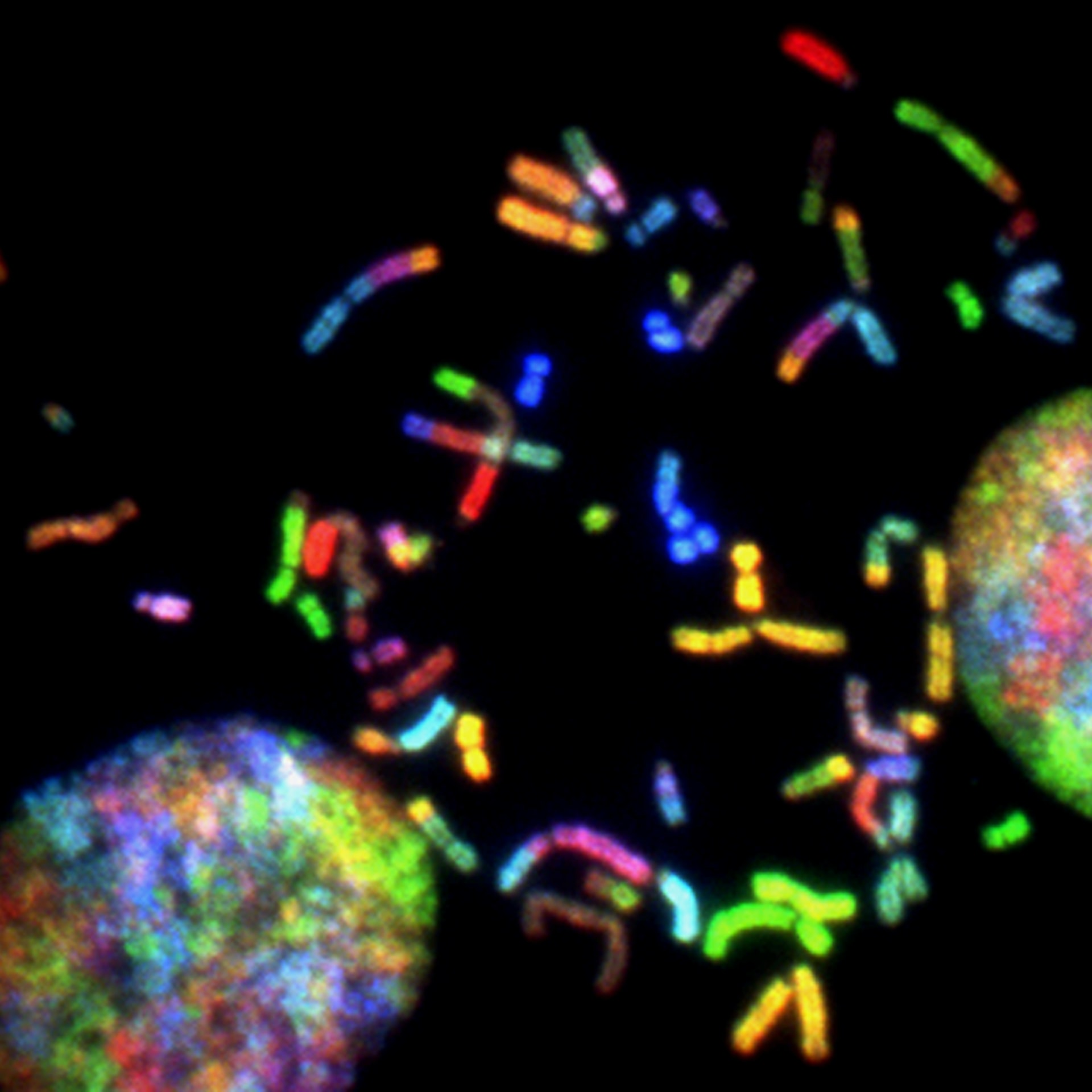What Is the Role of Nutrition in Brain Aging
Nutrition plays a crucial role in how our brains age. As we grow older, our brains undergo changes that can affect cognitive function, leading to conditions like dementia. However, certain nutrients have been shown to help slow down this process, potentially reducing the risk of age-related cognitive decline.
### Key Nutrients for Brain Health
1. **Omega-3 Fatty Acids**: These are essential for maintaining the health of brain cells. Found in fish like salmon and sardines, omega-3s help keep inflammation under control and support brain function. Eating fish twice a week or taking DHA and EPA supplements can be beneficial.
2. **Magnesium**: This mineral is linked to larger memory centers in the brain and may lower the risk of dementia. Including magnesium-rich foods in your diet can support brain health.
3. **Polyphenols**: Found in fruits, vegetables, and nuts, polyphenols are antioxidants that can help reduce the risk of dementia and promote a younger brain age.
4. **Vitamin K**: Although often overlooked, vitamin K is important for brain function. It is primarily found in green vegetables and may play a role in protecting against cognitive decline.
5. **Creatine**: Known for its role in muscle energy, creatine also shows promise in improving brain energy, especially in older adults.
### The Importance of Dietary Variety
As we age, our bodies become less efficient at absorbing nutrients, making dietary variety crucial. Eating a wide range of foods ensures that we get all the necessary nutrients for brain health. Key food groups include:
– **Fruits and Vegetables**: High in antioxidants that fight inflammation.
– **Whole Grains and Legumes**: Rich in B vitamins and fiber, supporting energy metabolism.
– **Nuts and Seeds**: Provide healthy fats and minerals that support neural health.
– **Fish**: Especially oily fish, which are rich in omega-3s.
– **Dairy and Eggs**: Important sources of protein, B12, and choline, supporting neurotransmitter synthesis.
### Dietary Patterns for Brain Health
Certain diets have been associated with better brain health. The **Mediterranean Diet** emphasizes fruits, vegetables, whole grains, fish, and healthy fats like olive oil. The **MIND Diet** combines elements of the Mediterranean and DASH diets, focusing on plant-based foods and limiting animal products and saturated fats. Both diets have been linked to a lower risk of cognitive decline.
In contrast, diets high in fat and refined sugar can negatively impact brain health by reducing neuroplasticity and promoting inflammation. Avoiding these foods can help maintain mental clarity and support overall brain function.
In summary, nutrition is a powerful tool in maintaining brain health as we age. By incorporating key nutrients and following diverse, balanced diets, we can take proactive steps to support our cognitive well-being.





